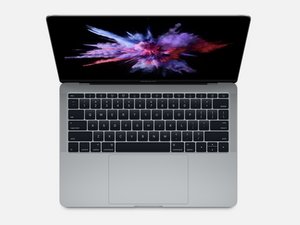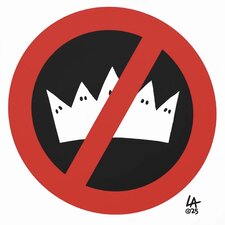MacBook Pro 13″ April 2017 Hard Drive not recognised
Hello,
I have a MacBook Pro (13-inch, 2016, 2 TBT3) purchased in April 2017. Its hard drive is not getting recognised during booting.
Have tried various options to boot the Macbook viz. using
- DiskUtility. Booting using Option+Command+R etc.
- Installed MacOS Monterrey - thinking its a good old stable version for this old Mac - on a USB drive and used the USB drive to boot the Macbook. It only shows the External USB Drive but not the Internal HDD.
- Installed Linux on the USB drive like above but the result was same.
- Used a thunderbolt cable to connect to a working Macbook. Though, I bought this cable on eBay and not on Apple store but has the thunderbolt symbol and looks genuine. After connecting, the non-working Macbook shows a thunderbolt symbol on the screen but on the working Macbook Finder, no sign of the HDD as an external drive in Location
Hoping its not a hardware failure but possibly a firmware issue. And hoping against hope that I will able to recover the data on it.
When the last time I was successfully able to boot the Macbook, the HDD was very close to being full.
Any guidance and help to resolve this issue is much appreciated.
Thank you very much.
crwdns2934109:0crwdne2934109:0

 1
1 
 338
338  974
974 
Here's the location of the custom SSD drive Apple uses in your system as well in Step 12 MacBook Pro 13" Function Keys Late 2016 Teardown.
crwdns2934271:0crwdnd2934271:0 DanJ crwdne2934271:0